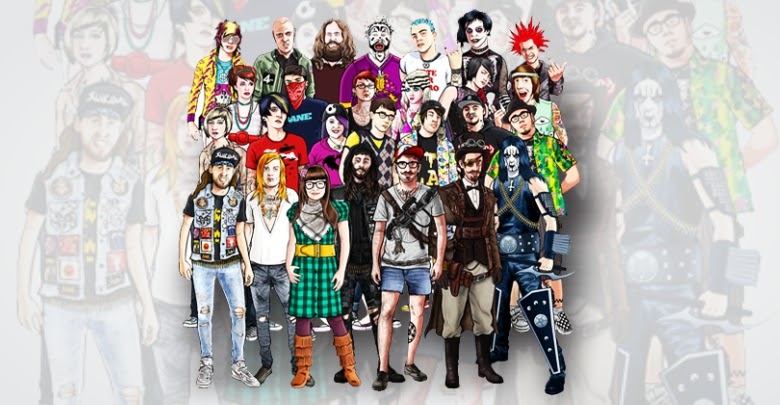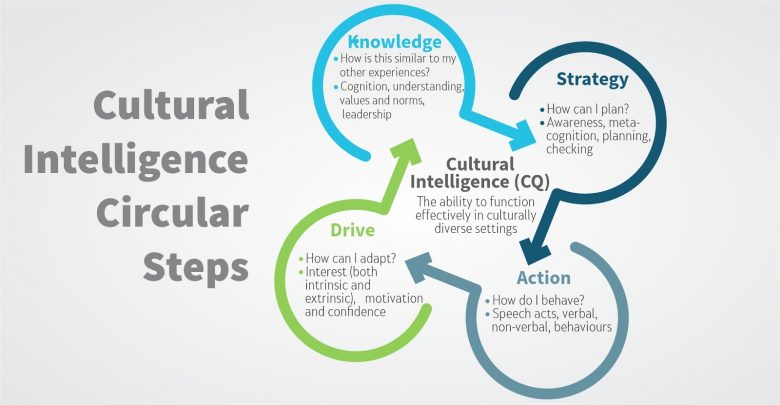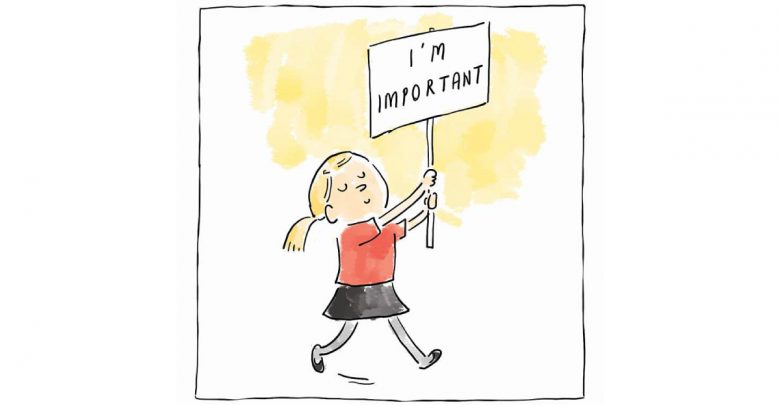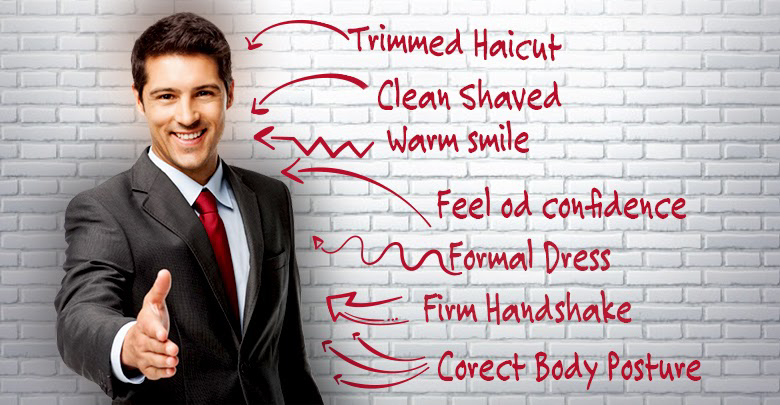Leilani van Rheenen
-
Why did I choose this tool? For a large portion of my life, I was living a lie. Yet it was a lie that I completely believed to be true, and one that affected every single aspect of my life. Every time I tried to use logic to understand what was going on, my logical reasoning was shut down by…
Read More » -
Why did I choose this tool? While there is a lot of material about otherism: where it comes from, its political function, why is it historically relevant and what negative effects we see because of it, there is less directly addressing how we can fight otherism. More important is how to do this, not as governments, institutions or even organizations…
Read More » -
Why did I choose this tool? I have chosen this tool because it focuses on practically handling ambiguity rather than merely the concept of ambiguity and as such can be a useful guide for navigating ambiguous situations as a trainer. How does this apply to being a trainer? As trainers, we are continually faced with ambiguity and uncertainty, and we…
Read More » -
Why did I choose this tool? When I started traveling, I became part of the culture of “those who travel” from my country, and they had their own terminology, references, jokes, etc. When I started gaming it was similar, a whole new world of interests, terms and friends. This process repeated itself every time I entered into a new “sphere”,…
Read More » -
It seems there are 2 lines of thought when it comes to intercultural competence. The first will say that “there is no such thing as culture” and having self-awareness and empathy is more important than developing a deep understanding of the other culture. The other will focus a lot on the greetings, clothing, habits, beliefs, modes of operation of different…
Read More » -
Why did I choose this tool? The overall reason is that this knowledge is essential for anyone, particularly trainers who are working directly with human rights. The more personal reason is that I wish that as a child I had been aware of these rights and that my caretakers had as well and put them into practice. In retrospect I…
Read More » -
Why did I choose this tool? I used to be one of those people that dove headfirst into every cause that was helping someone or that I was asked to contribute to. I worked very hard with no pay for over 8 years, giving all of my time, energy, emotions and brainpower towards accomplishing the goals of a non-profit organization.…
Read More » -
Why did I choose this tool? Being a third culture kid myself, and having radically changed what might have been considered “permanent” aspects of my identity, I highly value the process of questioning and exploring the identity, and being able to make our own choices when it comes to what defines us. I also value it when people have the…
Read More » -
Why did I choose this tool? I’ve always been interested in body language, even before I started to travel the world and came in contact with so many different cultures. When I started traveling, however, I realized that in spite of the knowledge I already had, the body language cues that I was encountering meant something quite different than I…
Read More » -
Why did I choose this tool? I chose this tool based on experiences that I have personally gone through or I have seen others go through. It gives a clear picture of what happens to a participant when the trainer, perhaps knowingly or even unknowingly, shoots down the contribution of a participant. This can cause negative feelings in the participants…
Read More »









